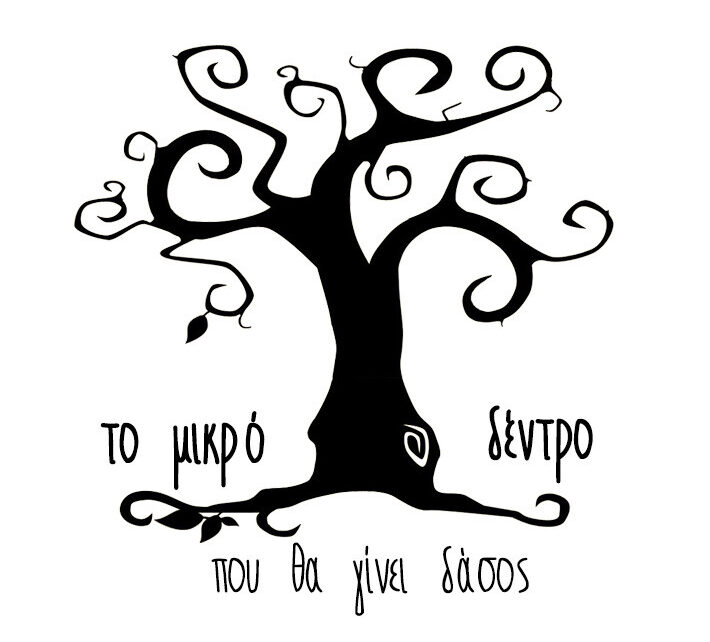Presentation and cluster discussion
Input (1): Children’s assemblies
Assembly enables us to express ourselves, transform the world and make our reality. It also enables children to gain the freedom they lack in other contexts through choice and participation in school life. In this way, we are trying to challenge the dominant view that people are only considered mature enough to make decisions once they reach adulthood, while childhood is seen as a period of irresponsibility and preparation for the future. Childhood is the time when the individual begins to master his or her autonomy and then builds self-determination within the community, taking equal account of individual and collective wishes and needs.
Certainly, we do not believe that there is a neutral pedagogy and ours seeks to reproduce another culture. Thus, assembly is not a neutral process either, as long as it does not occur in a socio-political vacuum. In its actualization it suggests a desire to decide for ourselves and our community.
Presentation by the self-organized kindergarten The Little Tree that will become a forest (Thessaloniki, Greece).
Input (2): Francisco Ferrer’s educational-political vision
Presentation about Francisco Ferrer and his educational-political vision by Greek translator of the Francisco Ferrer’s book ‘The Modern School’.
Find the presentation here (PDF):
Input (3): Anti-authoritarian pedagogy, all with love and patience
Historically in our territory, traditional-conservative education and upbringing was never focused on childhood, less on raising children with respect and horizontality, because everything was executed with imposition on a scale of hierarchy of power. As a result of this we see an insensitive society, appeased by capitalism that sees the child as the “adult of the future”. In this way, the idea began with the importance of a playful, recreational and learning space to make colleagues with their children more participatory.
Why anti-authoritarian pedagogy?
In a world where most children live and grow up under normalized generational violence, we are committed to being spaces that give them new experiences and that give validity to their emotions. Where through play, cooperation and respect your learnings are significant to build your own identity and autonomy.
Presentation by Anti-authoritarian teachers of Educating in freedom (Peru)

